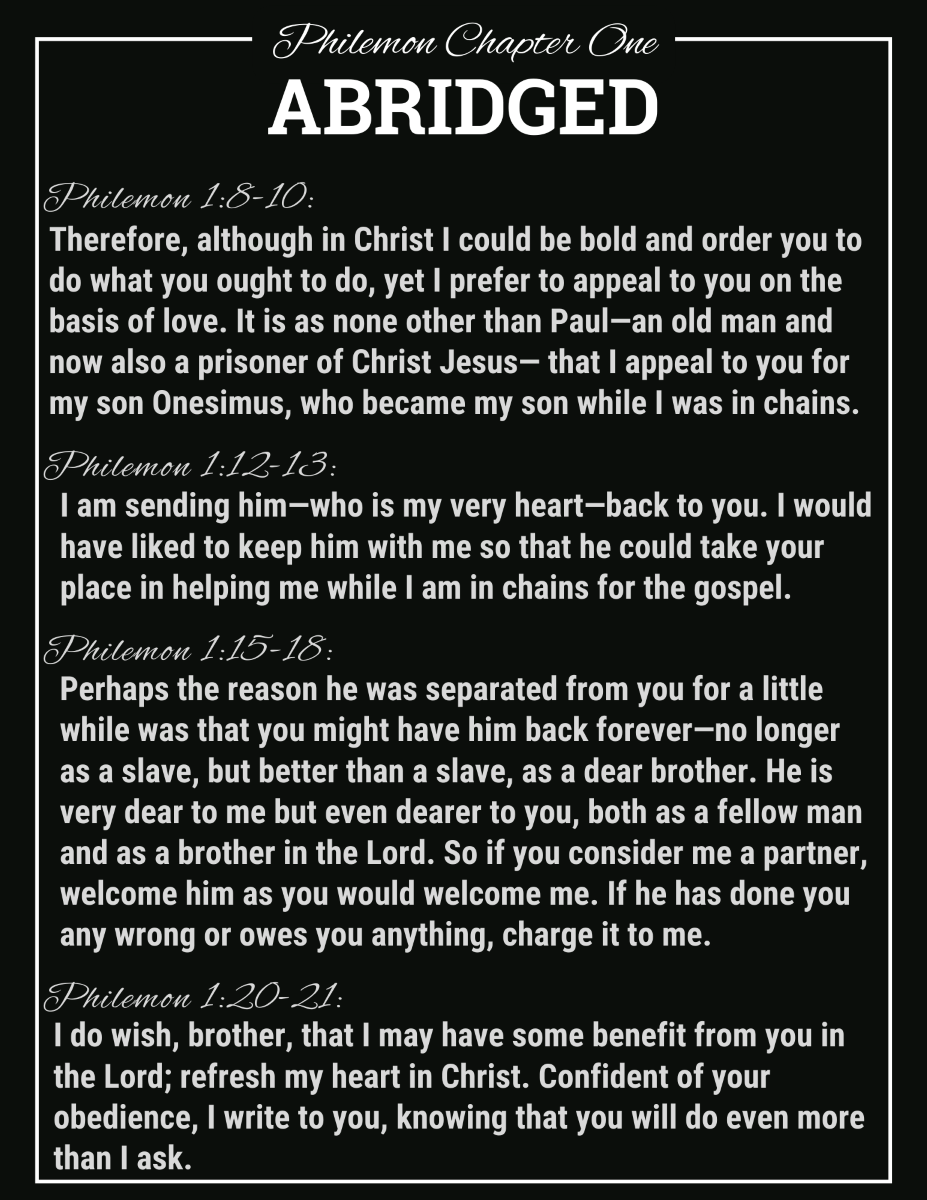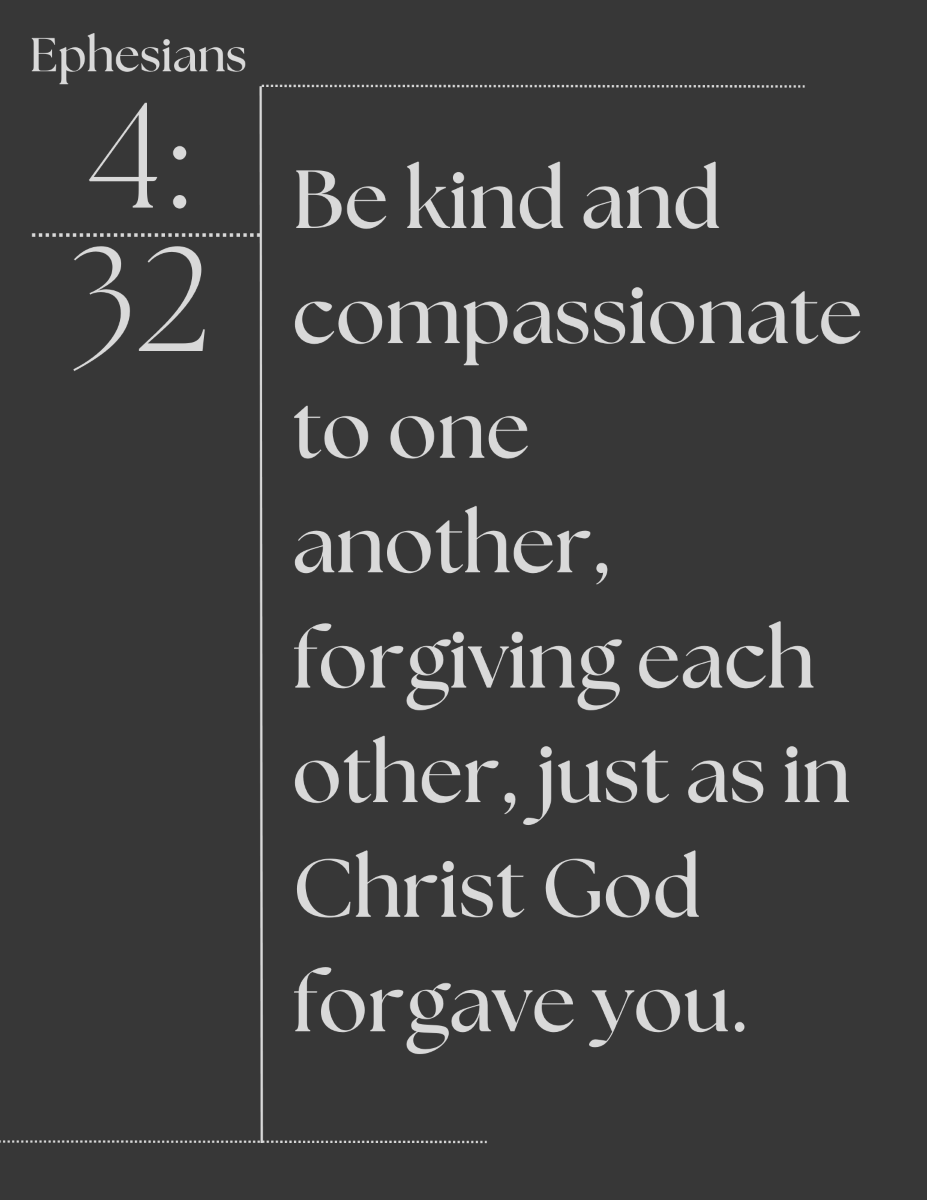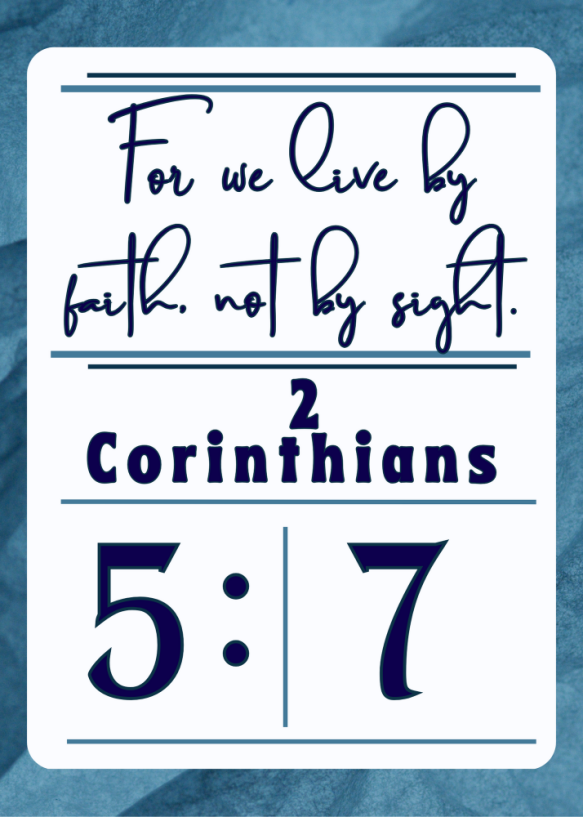In the shadow of adversity, loyalty shines brightly through the lives of individuals who remain steadfast in their faith and commitment. One such exemplary figure from biblical history is Zadok, a priest whose unwavering loyalty to God and his anointed king, David, serves as a timeless testament to the significance of faithfulness throughout challenges. As we sift through Zadok’s story, we uncover a life of personal allegiance and insights into the indispensable role of loyalty to your faith.
Who is Zadok?
Appointed as high priest of the Tabernacle by David himself, Zadok’s significance transcends religious affairs, serving as both a key advisor and spiritual leader within David’s court. Emerging as a close and trusted confidant to David, Zadok played a pivotal role in guiding the king through the complexities of leadership and the challenges of governance; deeply intertwining the religious and political landscape of the kingdom.
Instances of Loyalty

Within the intricate web of court intrigues and power struggles throughout David's reign, Zadok was considerably tested, encountering the daunting challenge of remaining faithful among conflicting loyalties. Despite the trials, personal risks, and potential repercussions, Zadok's loyalty remained resolute, providing unshakable support in the monarch's bleakest moments.
Absalom’s Uprising: Plunging the Nation into a state of civil unrest and uncertainty, Absalom’s uprising is marked by familial betrayal and political turmoil. Fueled by the potent mix of resentment and ambition, David’s charismatic and zealous son Absalom orchestrated rebellion, seeking to seize the throne for himself. Cunningly garnering support from disaffected factions and exploiting grievances against his father's rule, his rebellion posed a direct threat to David’s authority.
During this time, Zadok’s devotion was revealed through a series of proactive and decisive actions. As Absalom's rebellion gained ground and momentum, Zadok found himself at a critical crossroads. Yet, even in the face of mounting pressure and uncertainty, Zadok refused to be swayed by the shifting tides of political allegiance, recognizing David as God's anointed king.
Knowing the king needed to flee the city, Zadok actively participated in facilitating David’s escape; assisting him in evading Absalom's advancing forces. Risking his own safety to stand by the side of his sovereign, Zadok chose to accompany David on his flight from Jerusalem. On the retreat, Zadok willingly bore the responsibility of transporting the Ark of the Covenant, a charge that symbolized the presence and favor of God with David, reinforcing his legitimacy as the rightful king. Zadok faithfully safeguarded the Ark’s sanctity, ensuring its safekeeping and eventual restoration to its rightful place in Jerusalem.
Zadok provided invaluable spiritual support to David during this tumultuous period. As a trusted advisor and confidant, Zadok stood by David, offering counsel and encouragement, guiding him through the emotional and spiritual challenges of facing his son in battle, and acting as a source of strength and reassurance to the beleaguered king.
David’s Succession: As David's reign neared its end, the question of who would succeed him loomed large and the kingdom teetered on the brink of uncertainty, sparking potential conflicts and contenders vying for power. Among the hopefuls, Adonijah, David’s son, attempted to capitalize on his position as the eldest surviving son and the presumptive heir apparent in the absence of clear royal decrees. Undeterred by the absence of his father's blessing and David's prior promise to Bathsheba that Solomon would succeed him, Adonijah pursued to assert his claim to the throne through a preemptive coronation ceremony, gathering supporters and gaining momentum for his bid for kingship.
Throughout the disorder, Zadok boldly stood by Solomon's side, effectively warranting the legitimate succession of the Davidic dynasty. When David publicly proclaimed Solomon as his successor, Zadok’s loyal endorsement unfolded as he strategically rallied support among the priesthood and the people for Solomon's ascension, leveraging his influence and credibility to ensure a smooth transition of power. During the ceremonial process, Zadok lent his authority as a high priest to validate Solomon's legitimacy and affirm Solomon's divine appointment as the rightful heir to the throne.
The Catalyst of Zadok’s Loyalty

Zadok’s devotion to David constitutes the tangible manifestation of his loyalty to God and underlies the entirety of Zadok’s loyalty we’ve outlined so far.
Through the chaos of political maneuverings and power struggles, Zadok reverently preserved the sanctity of God's presence among His people. Zadok committed himself to upholding the principles of justice, righteousness, and mercy that are central to God's character. Aligning his actions with God's commandments, he demonstrated moral integrity and spiritual leadership, aiding his ability to carry out his religious duties as a priest. His steadfast commitment to his vocation strengthened the spiritual fabric of the nation and offered hope and inspiration for all who sought refuge in the Lord during times of peril.
His role as a priest proved to be a benefit for himself, too. Despite the considerable allure of self-preservation, Zadok remained rooted in faith, choosing to place his trust in God's plan and purpose for the nation of Israel. His intimate relationship with God allowed him to draw upon sacred strength, guidance, and protection.
Zadok's loyalty to David was not only a matter of political allegiance but also stemmed from his deep-seated faith in God's sovereignty and providence. In ancient Israelite society, the king was considered to be God's chosen representative on earth, entrusted with the responsibility of leading and governing the nation according to God's will. Understanding the great significance of David's reign and the divine mandate upon his life, Zadok’s faithful service to David is an acknowledgment and commitment to supporting God’s plan. During David’s succession, again, Zadok upheld God’s will by supporting Solomon as the rightful successor to the throne; ultimately leading to the fulfillment of the covenant God had established with David.
Final Thoughts

Playing a crucial role in religious affairs and serving as a trusted advisor to the king. Zadok stood as an unshakeable bastion of support, opting to stand by David's side even in the face of grave peril. A paragon of continuity and stability, Zadok’s life serves as a compelling testament to the enduring value of loyalty within one's faith. Zadok's loyalty was not confined to seasons of ease and prosperity but was tested and proven true among the crucible of adversity and personal sacrifice that besieged the kingdom.
In the face of adversity, Zadok's resolve only grew stronger, his steady commitment to righteousness and justice guiding him through the darkest of hours. His loyalty and support proved instrumental in maintaining the security of David's reign, simultaneously upholding the sacred covenant between God and his chosen people, leaving behind a legacy of faithfulness for generations to come.
Zadok teaches us that true loyalty transcends mere words, manifesting in sacrificial service, unwavering devotion, and resolute allegiance. As we reflect on his legacy, heed the call to reflect on the depth of our loyalty to God, recognizing that true faithfulness is beyond a sentiment but a steadfast resolve that permeates every aspect of our lives. Let us strive to emulate Zadok's loyalty, and pledge to walk faithfully in His ways, regardless of the challenges we may face, knowing that in doing so, we honor God and embody the essence of true discipleship.
-Torrance Church of Christ









